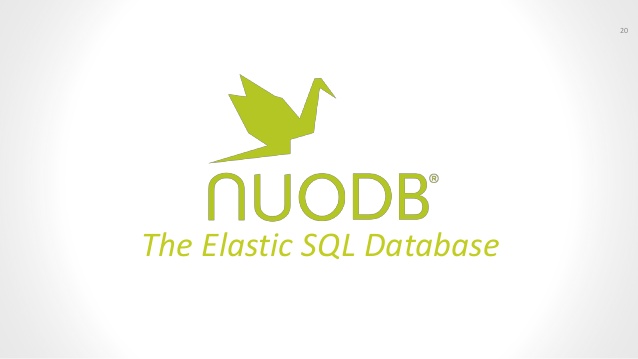

The logistics of storing and accessing data can be challenging for businesses that have many users throughout their enterprise who need to collaborate. If data is stored on one local drive, it can only be accessed from one workstation. To share information using the traditional data storage model, stakeholders have to communicate with each other to know what data is available. Then, flash drives have to be physically passed around the office to share files. The traditional local storage model is simply too inefficient for businesses seeking to make data-driven decisions. Businesses need to be able to store and access their data over the Internet while making it available to a wide range of decision makers.
The Cloud Computing Solution
Instead of relying on the traditional local storage model, businesses can transition to cloud storage to make their files more accessible. Cloud computing relies on the resources of centralized data facilities to make business data available over the Internet while also improving the efficiency of data storage. Data stored in the cloud can be kept in centralized data facilities around the world, and this can help to reduce file transfer time for businesses that have operations in multiple countries. However, users can still access their data as though it is stored on one drive despite this information being kept at remote locations around the world. Businesses also retain full control over their data when it is stored in the cloud, and this can help to improve information security.
Why Use Cloud Computing?
Cloud computing can yield competitive advantages for businesses by making data more accessible to stakeholders from any location around the world. When any stakeholder can access data at any time, they are more likely to use this information when making decisions. Cloud computing ensures that stakeholders are aware of data that exists by giving them to option to search through company files generated by thousands of users. Most cloud service providers make it easy for businesses to increase or decrease allocated storage space using an intuitive control panel. Cloud computing, therefore, reduces the cost of data storage since idle capacity can be minimized.
Cloud Storage for Developers
Businesses can also create advanced databases using cloud services so that large pools of data can be accessed through programmatic means. Cloud storage is ideal for businesses that develop custom applications for their customers because application data can be stored in a secure and inexpensive way when it is kept at a centralized data facility. Instead of spending millions of dollars to build and maintain a proprietary data facility, businesses can leverage the pooled resources of a professional provider to improve service quality while reducing cost.
Choosing a Database Management System
Working with databases necessitates selecting an appropriate relational database management system that matches how data will be stored and used. Traditional relational database management systems, such as IBM DB2 and Oracle, are not a good fit for cloud storage because they require manual development work when scaling capacity. NewSQL and NoSQL were designed for scaling in the cloud environment, but they are not ideal for most applications because they sacrifice performance and the familiarity of SQL. In most cases, NuoDB is the only relational database management system that can be scaled responsively without sacrificing performance.
Why Use NuoDB?
Developers should use NuoDB because it is designed to perform in the cloud environment with minimal manual development work. NuoDB improves application performance while minimizing the necessity of taking servers down for maintenance. By simplifying the coding process and reducing the costs associated with traditional relational database management systems, NuoDB helps businesses to maximize their performance in the cloud environment.





